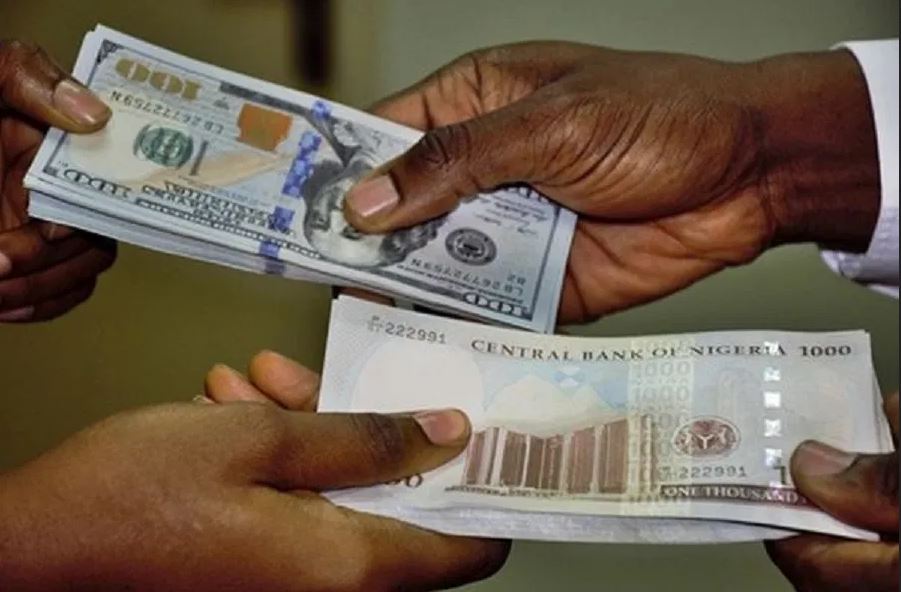On the 23rd of October, 2021, the World Bank urged Nigeria to end its costly fuel subsidy. This termination should occur within three to six months.
However, the bank warned that “aggressive reforms” must follow after the removal of the subsidy.
Nigeria dedicates an enormous amount of the country’s yearly spending on subsidies. Fuel subsidy was adopted to lessen the prices of fuel. However, plans to remove the expensive subsidy has resulted in a conflict between the government and the labour force.
Within the space of nine months in 2021, the Nigerian government has spent at least $2.1 billion (about ₦864 billion at ₦410.59 per $) on fuel subsidy.
According to a report from the World Bank, to ensure fuel subsidies can be removed without causing havoc, the following must be done:
“Urgent priorities for the next three to six months include reducing inflation, improving exchange-rate management … eliminating the PMS subsidy … and improving infrastructure.”
Removing fuel subsidies will automatically lead to the increment of petrol prices. Considering the unstable nature of the power supply in Nigeria, many people rely on petrol for their businesses and homes. Therefore, subsidy removal will have a great impact on the lives of everyone.
Mele Kyari, the Chief Executive of the Nigerian National Petroleum Corporation (now-privatised) had in September mentioned that an increment of fuel prices will affect national security and the wellbeing of Nigerians.
Further Subsidy Removal Advice
Before now, the International Monetary Fund had advised Nigeria to completely remove its fuel subsidy. Consequently, the World Bank is the second global lender urging Nigeria to eliminate her fuel subsidy in November.
Zainab Ahmed, Nigeria’s Minister of Finance, had earlier mentioned that both fuel and electricity subsidies are yet to be included in the 2022 spending plans.
She reinstated that the subsidies are retrogressive. In her words;
“Efforts at addressing revenue leakages include concluding the service-wide implementation of IPPIS; dimensioning cost of tax waivers and promoting policy dialogue and transparency around tax waiver regimes; elimination of regressive subsidies on petrol price and electricity tariffs; a cost-to-income-ratio cap for Government Owned Enterprises (GOEs) to improve remittances to the Federal Government’s coffers.”
Read More: Yobe Govt announces 10% deduction in workers’ salaries to boost education
Advertisements
Naira Declines to N1,234/$ at Official Market
The value of the naira depreciated against the United States dollar to N1,234 at the offic…
















